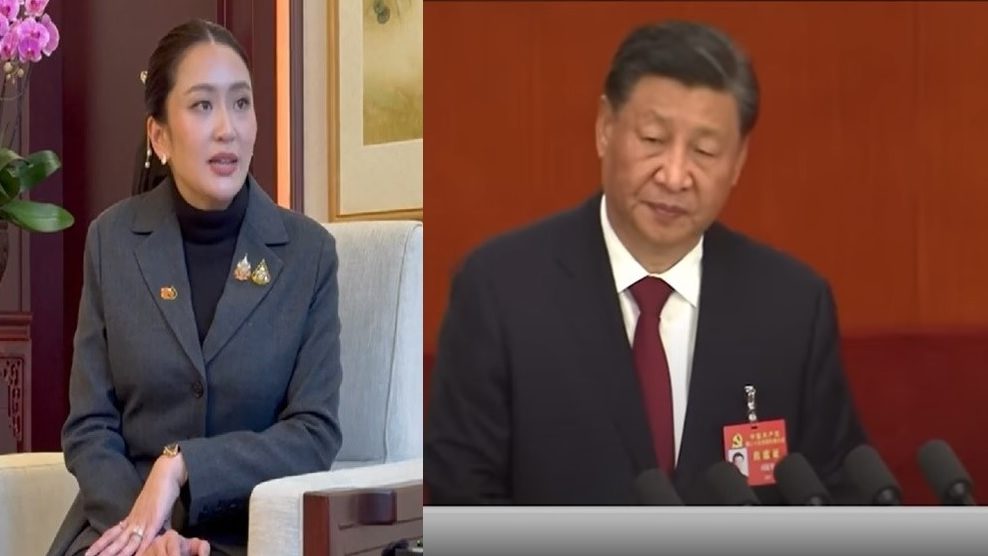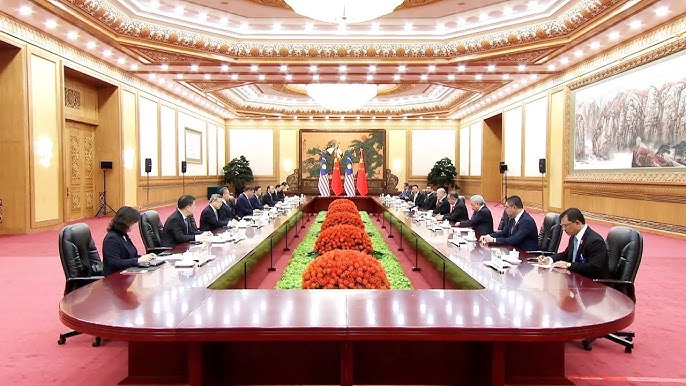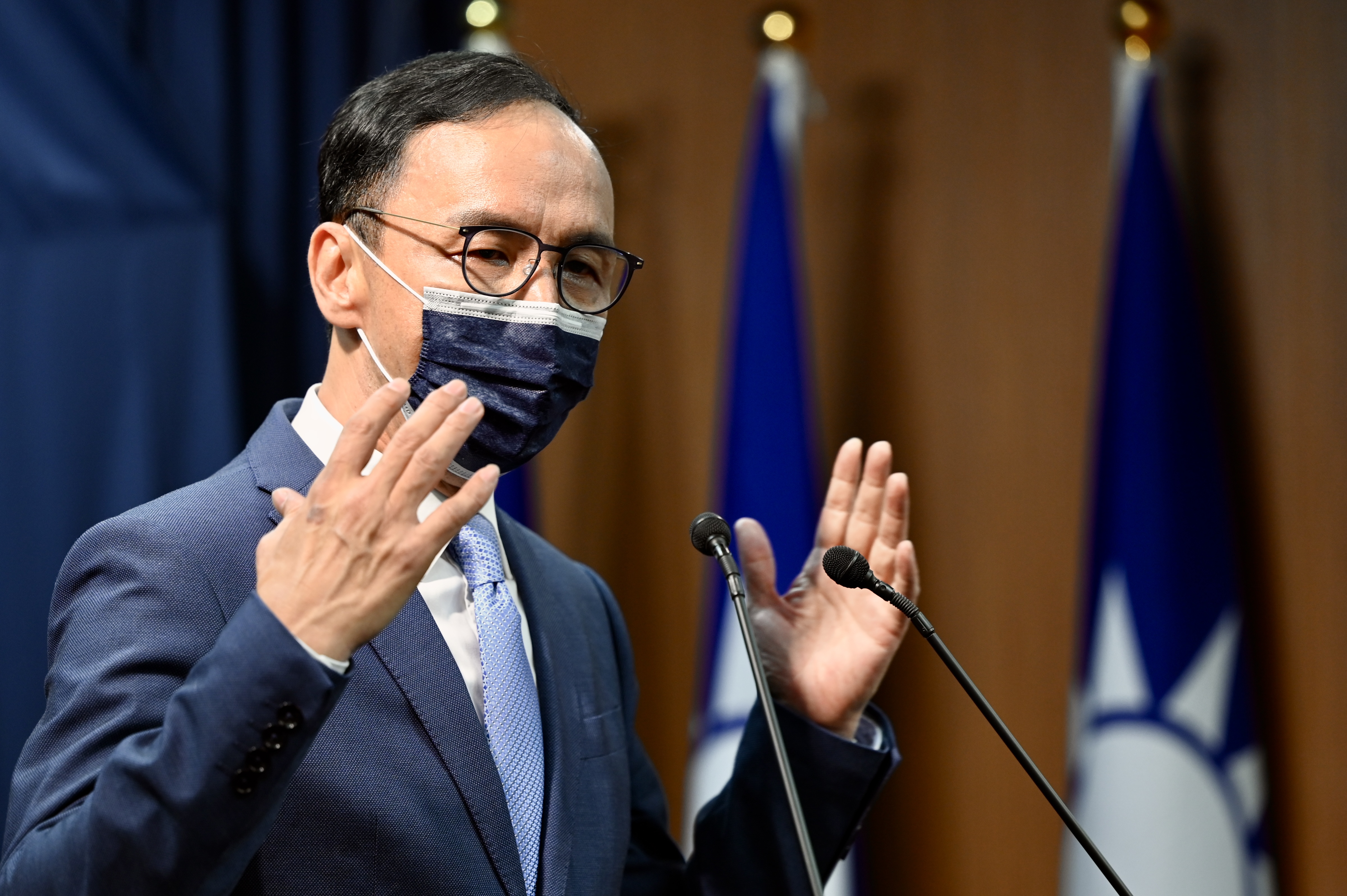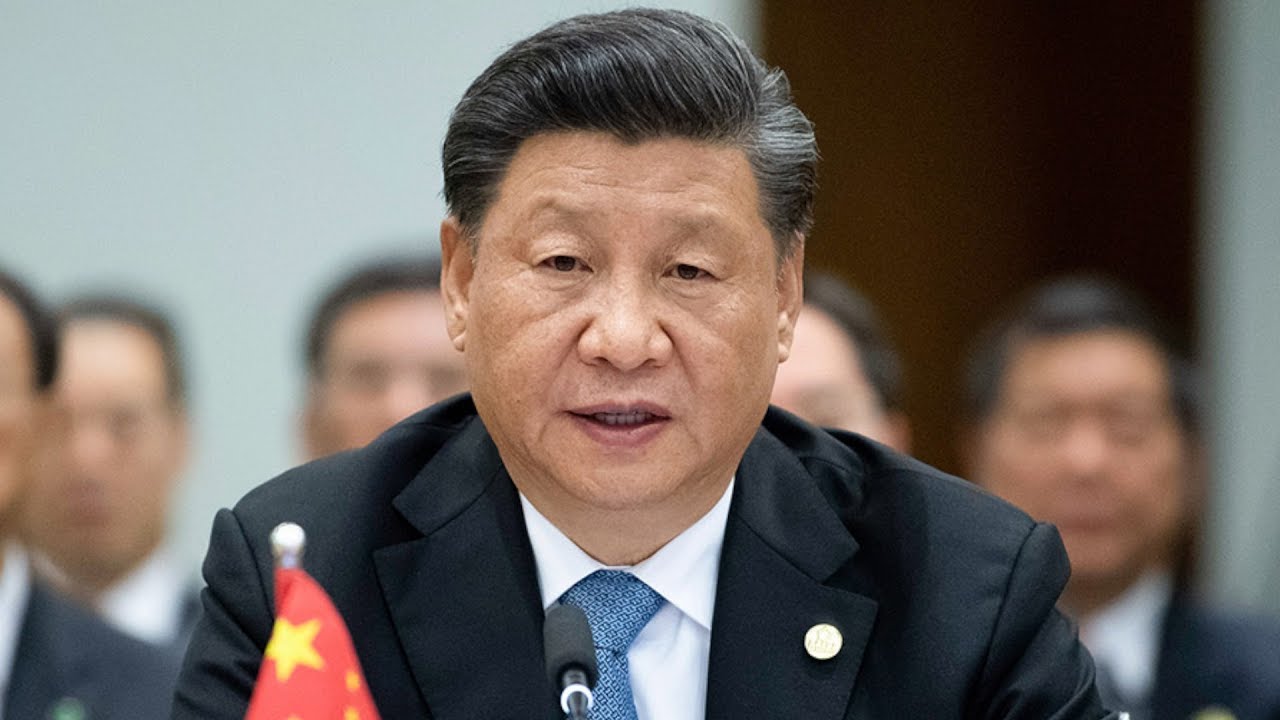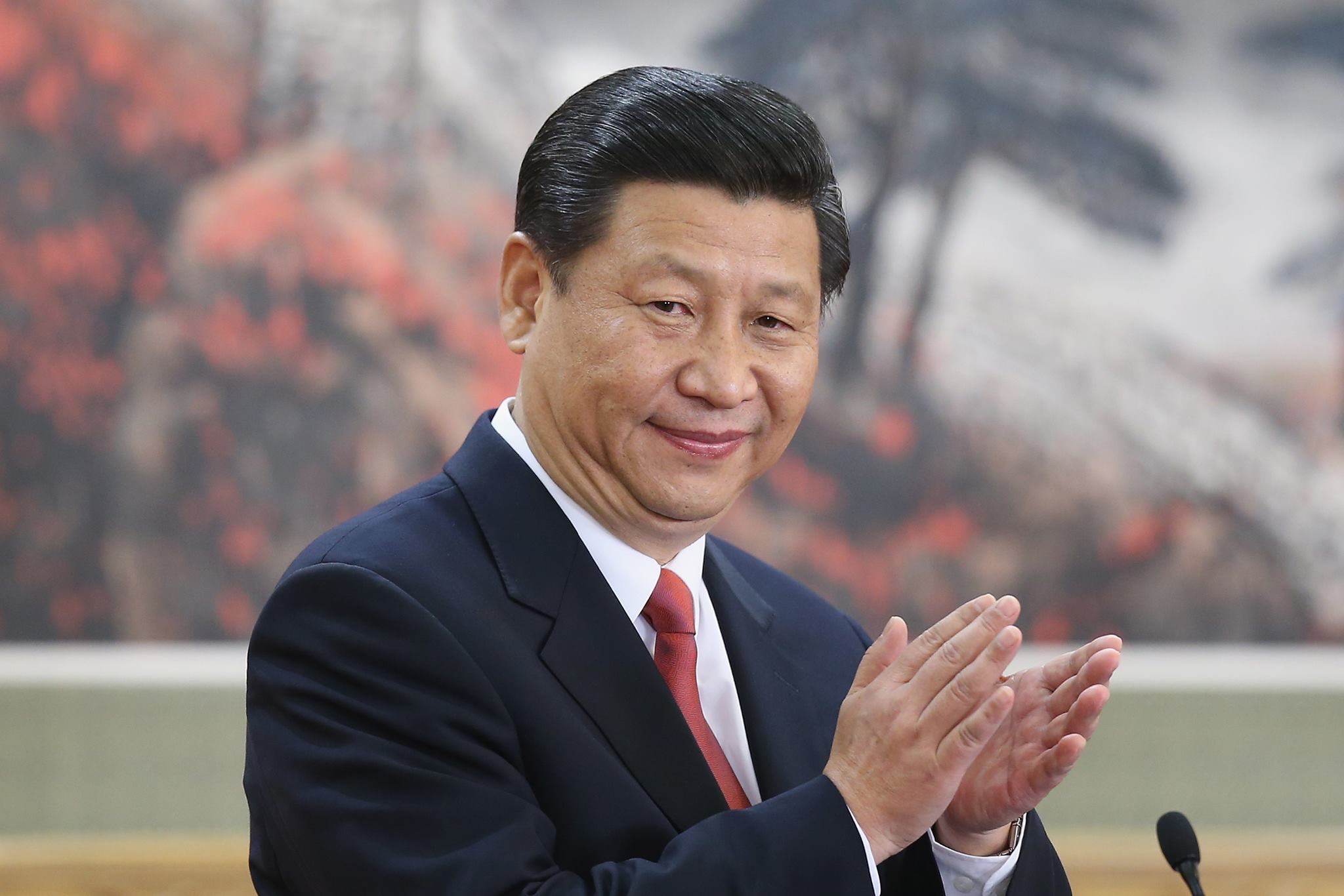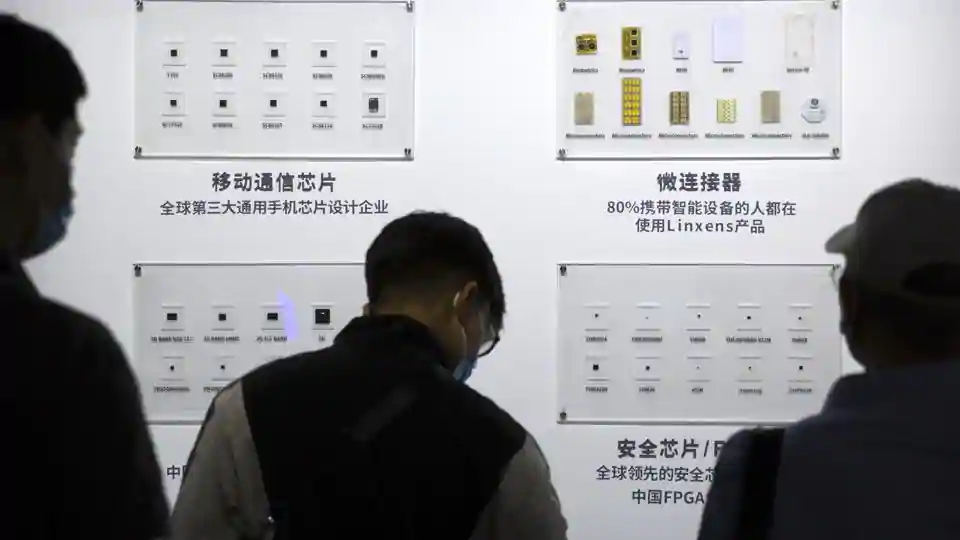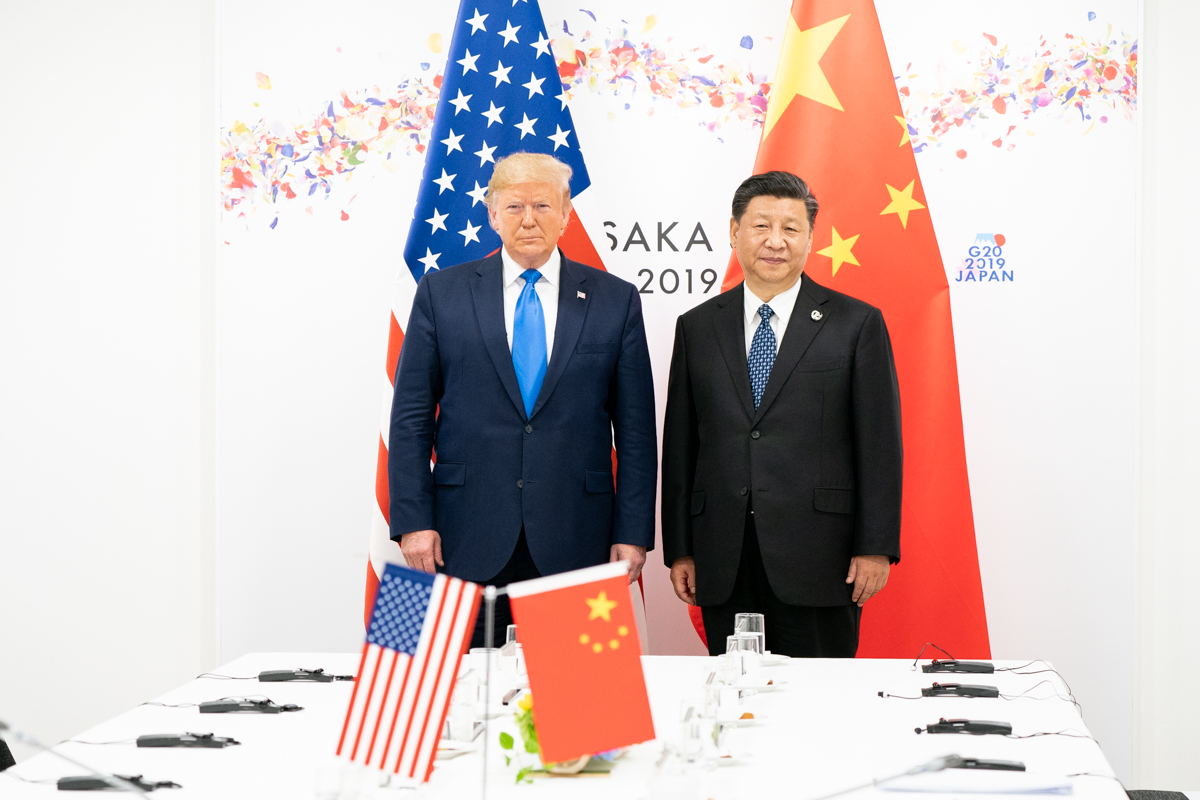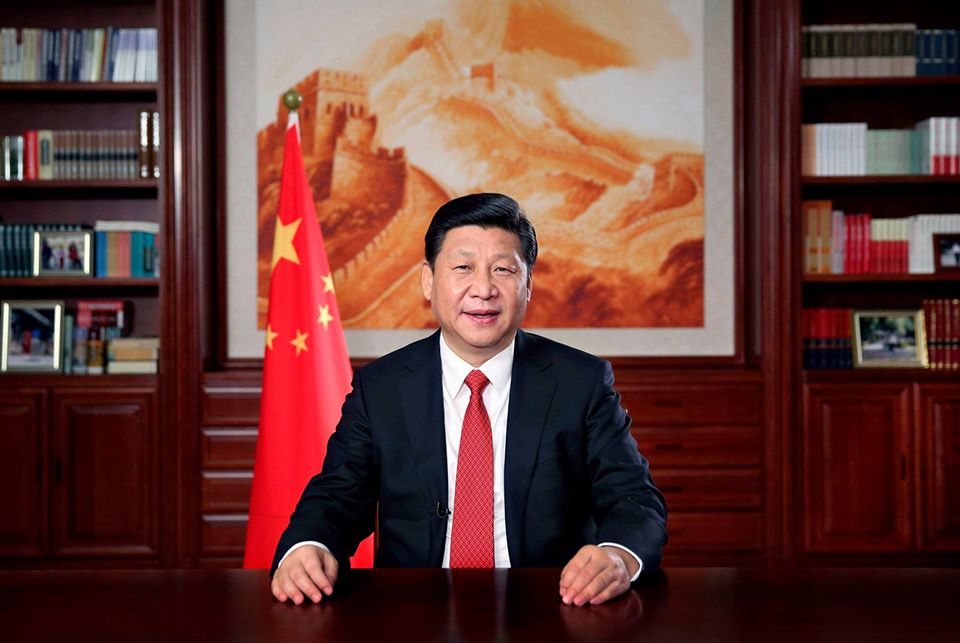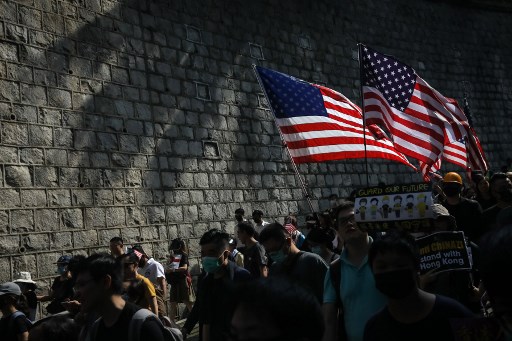BEIJING: On February 17, 2025, a momentous event unfolded at the Great Hall of the People in Beijing. As Chinese President Xi Jinping arrived, the assembled leaders and tech moguls stood up to applaud—a rare display of unity in the country’s political sphere. Among them, one figure stood out — Jack Ma, the co-founder of Alibaba. According to a recent Straits Times report, his presence at this high-profile meeting of China’s top tech executives marked a significant shift in the country’s approach to private entrepreneurship, signalling both a personal revival for Ma and a broader policy change in Beijing.
Jack Ma’s return – a symbol of Beijing’s changing stance
The significance of Jack Ma’s appearance at this meeting cannot be overstated. Once seen as the face of China’s private sector, Ma’s public image took a sharp hit after a fallout with Beijing in 2020. The cancellation of Ant Group’s $37 billion (S$49.6 billion) IPO led to a dramatic fall from grace for Ma, who had previously enjoyed a close relationship with the Chinese government. Since then, he largely kept a low profile, retreating from the public eye.
However, his participation in this February meeting signals a shift in the government’s stance towards private enterprises. The government appears keen on reviving confidence within the private sector, especially at a time when innovation is seen as crucial for economic growth. While Ma did not speak during the meeting, his handshake with Xi Jinping, captured on national television, symbolised a thaw in relations and suggested that Beijing is open to closer cooperation with key private players once again.
Beijing’s push to revitalise the private sector
This renewed attention to private entrepreneurs comes as China faces significant challenges. The country’s economic growth has been slowing, and Xi Jinping has called on the private sector to drive innovation and technological advancement. The meeting on February 17 featured leaders from top Chinese tech companies, including Huawei, BYD, Tencent, and the up-and-coming AI company DeepSeek. These firms represent the cutting edge of China’s aspirations to emerge as a global leader in areas like artificial intelligence and electric vehicles.
Xi’s remarks at the meeting underscored the role of entrepreneurs in fostering national progress. He encouraged business leaders to have a deep sense of duty to their country, stressing that their wealth should be seen as part of China’s collective success. This rallying cry comes amid growing competition with the United States, with China aiming to be at the forefront of technological innovation by 2030. For Xi, private entrepreneurs will be crucial to achieving this vision.
Key tech developments signal China’s growing ambition
The meeting also highlighted several key achievements from China’s tech sector, showcasing the country’s growing capabilities. DeepSeek, an AI company, gained international recognition in January for developing a chatbot that rivalled global leaders in the field, despite lower development costs. BYD, a major player in the electric vehicle market, surpassed Tesla in 2024 to become the world’s top electric carmaker and made waves by introducing cutting-edge autonomous driving technology. Meanwhile, Huawei’s return to high-end smartphones in 2024, with domestically produced chips, marked a milestone in China’s technological self-sufficiency.
These successes were central to the message at the meeting — China is making significant strides in key areas of technology, and its private sector plays an essential role in this transformation. The presence of leaders like Jack Ma and Pony Ma (CEO of Tencent) was a clear indication that the government recognises the importance of the private sector in driving these advancements.
Will Beijing’s support translate into real change?
Despite the optimism surrounding the February meeting, questions remain about whether the government’s renewed support for private enterprises will lead to tangible improvements. Observers, like Alfred Wu from the Lee Kuan Yew School of Public Policy, noted that while the government’s engagement with the private sector is promising, challenges such as access to financing and predatory behaviour by local governments persist.
Xi Jinping’s call for stronger oversight of arbitrary fees and fines, and his promise to protect the legitimate rights of private businesses, offer hope that Beijing is committed to addressing these issues. However, as Wu pointed out, it remains to be seen whether these words will lead to concrete actions that address the concerns of entrepreneurs on the ground.
For now, the fact that leaders like Jack Ma and Pony Ma are once again being invited to key meetings is a signal of Beijing’s evolving stance on the private sector. If the government continues to foster an environment conducive to innovation and entrepreneurship, China’s private enterprises may well play a pivotal role in the country’s economic future.


